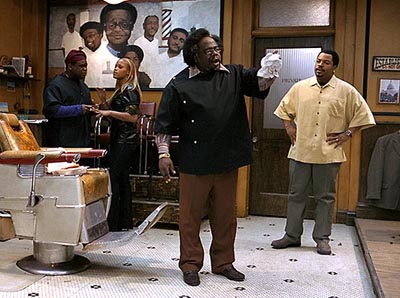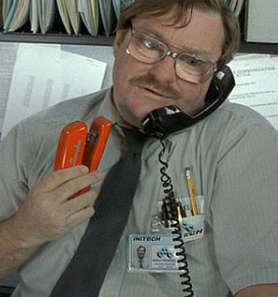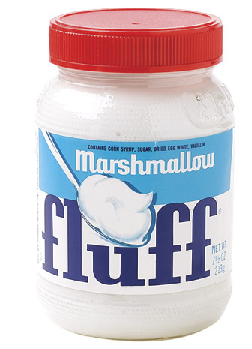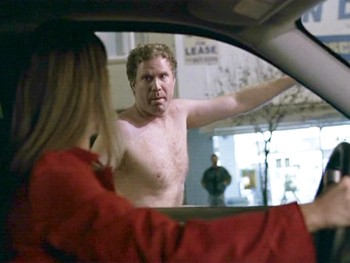Every fall, we host a team-building/appreciation event for our student staff at the beginning of the school year. It is a mixture of games, team activities, and learning in a fun environment. I find that it's an important event for a few reasons. First off, it is a chance for a large chunk of the 400+ students that work for our facility to get to know each other when otherwise they might not have an opportunity to. Secondly, it is an opportunity for us to teach them a number of things about the facility and what we do in general and impart some basic departmental philosophies in them. Finally, it is a way to give back to them for the excellent job that most of them do and for us to say that we encourage them to enjoy what they do, who they work with, and where they work. It takes some work to pull off during a busy time of year, but it is something that the students have really enjoyed participating in and we feel that it is not an opportunity to be missed.
Recreation centers, athletic and other university departments all over the country are staffed by large numbers of the very students that their university has been built to service. While their contributions can range from simple office tasks to critical on-the-job training and internships, they are a crucial cog in making any department run smoothly. Let me ask you this question though; how often do you take time out to recognize them for their contributions? I know some departments where students are just employees paid to do a task, no different than a Walmart. They fill out their timesheets, they receive their check and they are told when they do things well/poorly. Shouldn't that be enough? Well, if you expect the bare minimum of effort from your student staff, then yes, the bare minimum of attention is what you should provide. If however, you are trying to cultivate an environment where your students are enjoying where they work and giving out a maximum effort as a result, then I would encourage you to try a little harder to recognize them. It doesn't take a lot of effort on our part, but the results can be phenomenal.
When is the last time that you thanked your students? What are you doing tomorrow?
Shaun Bossio is the Assistant Business Manager and ProShop Manager at Boston University FitRec.
He can be reached at sbossio@bu.edu









